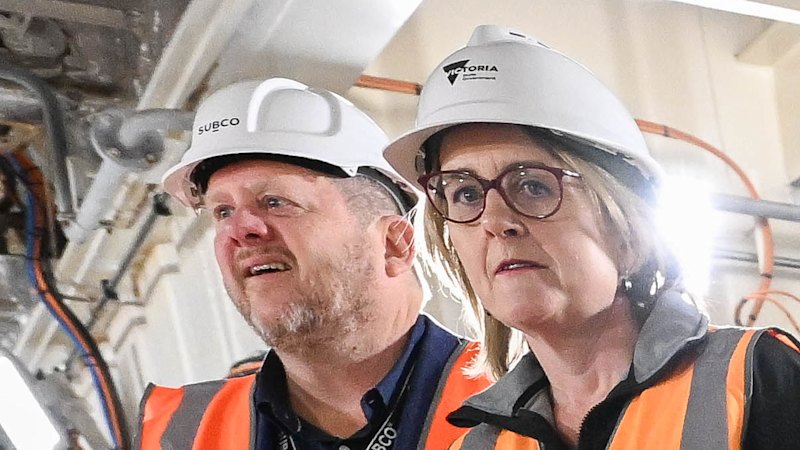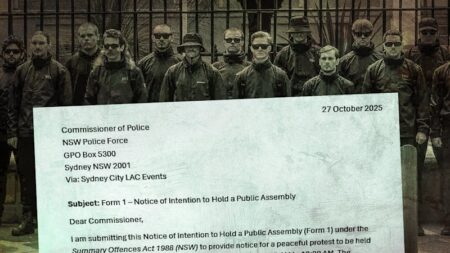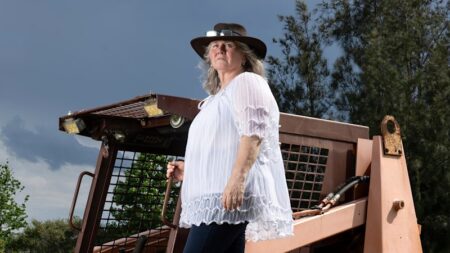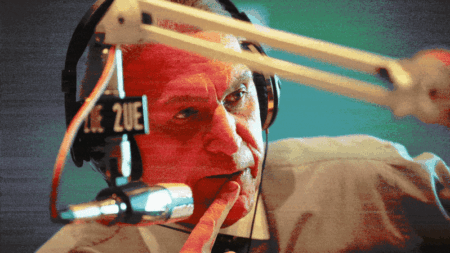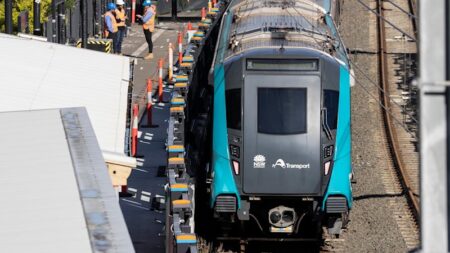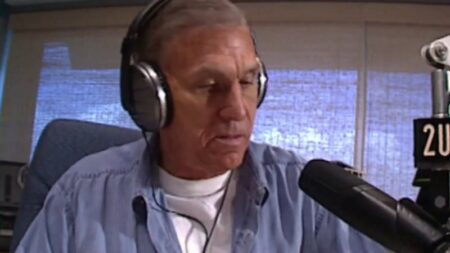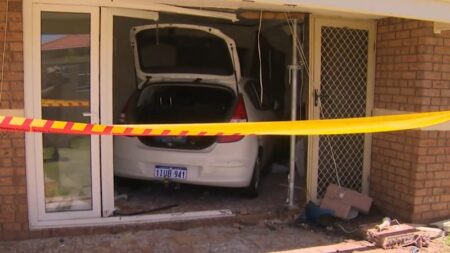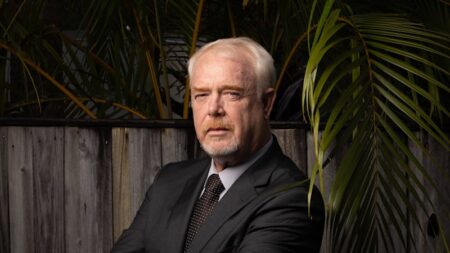Speaking at the announcement of a $500 million subsea fibre optic cable project, tech entrepreneur Bevan Slattery said the Victorian government had been “outstanding” to deal with.
“The Victorian government has provided the best level of assistance for this to happen of all the states we’ve been involved with,” the chief executive of telecommunications company SUBCO said.
SUBCO will lay and build more than 5000 kilometres of fibre infrastructure as part of the new Sydney-Melbourne-Adelaide-Perth system, which will link Australia’s east and west coasts and help power data centres.
The system will connect Australia’s east and west coasts through Victoria and link directly to key international markets including the United States, Singapore and India, providing a total data transfer capacity of 400 terabits per second.
Loading
In the Business Council report, Victoria finished in the top half of Australia’s eight states and territories in several planning categories. The rankings compared the average time it took to get developments approved and the transparency of application processes.
But that performance was outweighed by the state’s tax burden.
“Victoria … has the third‐highest land tax rate for domestic owners, and the highest rate for foreign owners,” the report said. “It imposes the highest commercial stamp duty rate nationally.
“This ranking is reinforced by the introduction of a COVID land tax surcharge and an increased absentee owner surcharge for foreign investors, both introduced in 2024.”
Victoria also ranked last when it came to business licensing. The Business Council compared the number of licences, regulations and codes of practice required for different businesses including clothing stores and cafes.
The report found Victoria’s licensing and regulatory obligations for cafe operations was about two‐thirds greater than in the Northern Territory. When it came to retail, Tasmania and Victoria had the “most voluminous licensing and regulatory obligations”, which were nearly double those in Queensland.
Nearly a quarter of Australia’s gross domestic product is generated within Victoria, and the report warned that the state’s weak performance had an “outsized impact” on the nation’s global competitiveness. Business Council chief executive Bran Black told The Age it was disappointing that Victoria remained the least attractive state in which to do business.
Victorian Premier Jacinta Allan and Bevan Slattery at the announcement of a submarine cable laying project.Credit: Joe Armao
“Victoria is at the back of the pack for business tax and regulatory settings,” he said. “This approach drags down businesses and drives investment from the state.
“Businesses in Victoria are crying out for policy commitments to cut regulation and tax that support private sector-led economic growth.”
Loading
Asked at the announcement about the higher payroll and land taxes paid by businesses in Victoria, Allan said the state collected less revenue per person than Western Australia.
“I will always stand up for the businesses and the workers who are working hard in this state,” she said. “There are commentators from Sydney who don’t want to support their businesses and their workers – well, I do.”
Read the full article here





